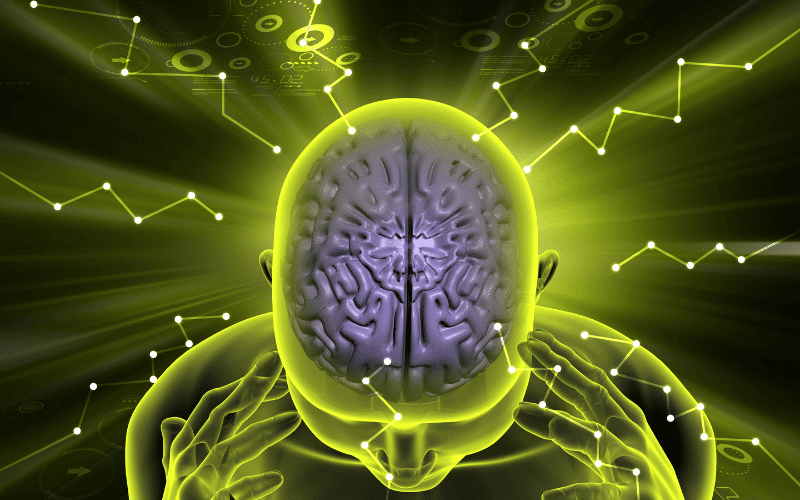Fact 3. Iodine Deficiency and Brain Development: The Crucial Connection

One of the most significant impacts of iodine deficiency, particularly when it occurs during pregnancy, is its potential to impair brain development in the fetus. Iodine is vital for the synthesis of thyroid hormones, which are essential for the development of the brain and nervous system during the fetal and early postnatal period.
Iodine deficiency during these critical periods can lead to insufficient production of thyroid hormones, disrupting normal brain development. This can result in a range of cognitive and developmental issues, such as lower IQ, learning difficulties, and in severe cases, cretinism – a condition characterized by serious physical and mental retardation.
Moreover, the impacts of iodine deficiency on brain development are not just limited to cognitive aspects. It can also affect motor skills and hearing. Children born to iodine-deficient mothers may show signs of poor motor skill development and hearing deficits, further emphasizing the wide-ranging impacts of this condition.
Even mild to moderate iodine deficiency during pregnancy can have long-lasting effects on a child’s cognitive function. Studies have shown that children of mothers who were iodine-deficient during pregnancy scored lower on literacy tests during their early school years compared to their counterparts.(3)